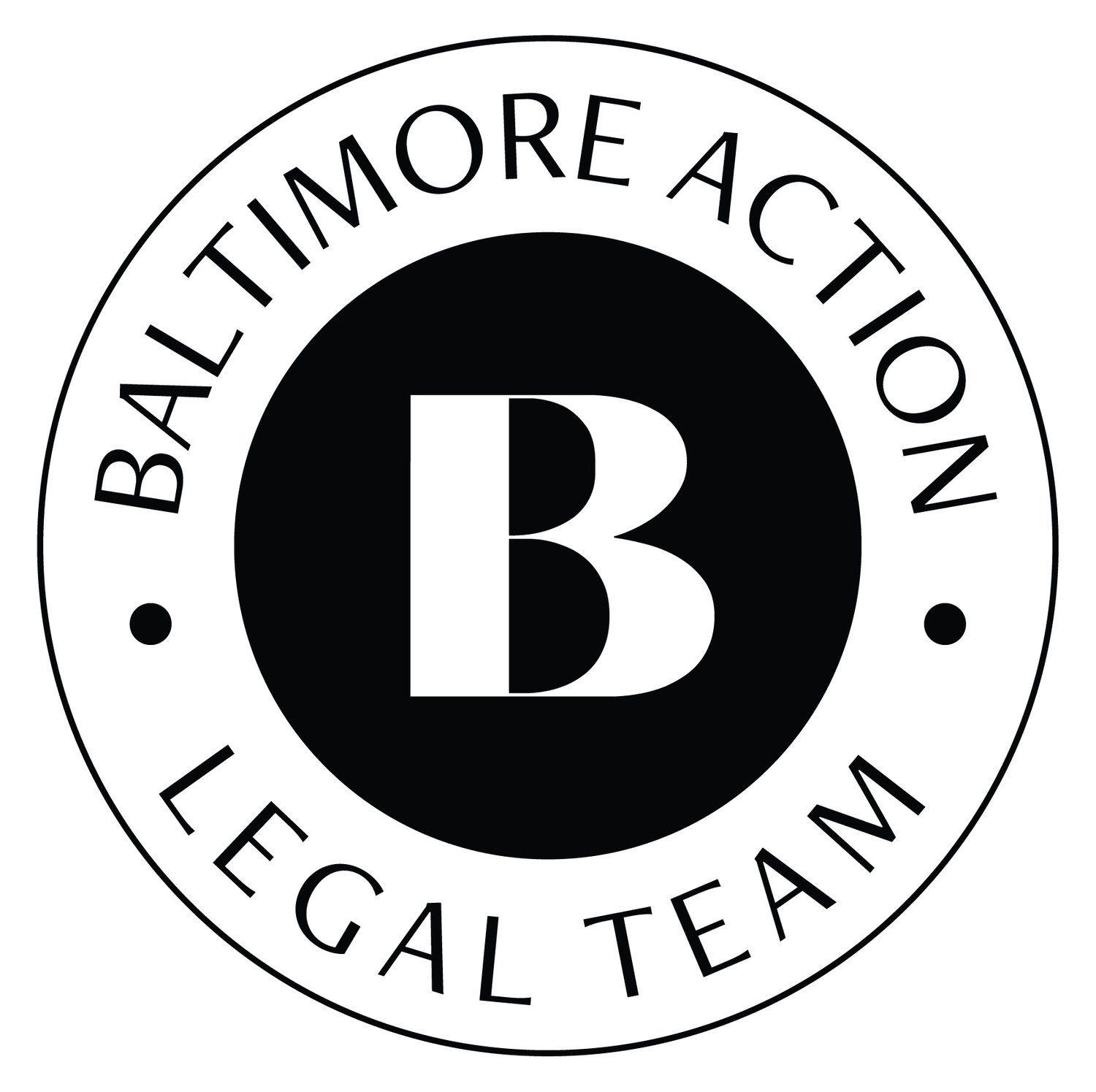Understanding the MPIA and Anton’s Law
The Maryland Public Information Act (MPIA) was enacted in 1970 to grant the public “a broad access to public records.” It covers public agencies in the State of Maryland and is similar to the federal law, the Freedom of Information Act. It is essential that our communities know their rights when it comes to accessing public information so we can arm ourselves with the power of knowledge in holding our governments accountable. Without transparency, darkness falls upon communities, and the abuse of power grows. The foundation of our democracy lies in the power of the people. When government agencies abuse their power in dismissing the regulations of the MPIA, they dismiss the necessity of truth. This essay aims to empower people with the knowledge of rights under the MPIA and how the MPIA works, so people can continue to use the MPIA as a tool for protecting democracy and holding the government accountable.
Through the MPIA, the General Assembly declared that the public policy of Maryland is to enable citizens to monitor their government as part of their duties as citizens. The Maryland General Assembly has enshrined in our law that: “All persons are entitled to have access to information about the affairs of government and the official acts of public officials and employees.” Maryland Code, General Provisions (GP § 4-103(a)). It is a tool for a transparent world. As Louis D. Brandeis stated, “sunlight is said to be the best of disinfectants.”
A ‘public record’ is an original or copy of any documentary material created or received by a department in connection with a public matter. Unfortunately, all too often, agencies will abuse their power and withhold documents requested under the MPIA. When agencies withhold public records, their actions suggest that secrecy and unchecked power usurped accountability. Public records can include important files pertaining to how our agencies protect the community when government employees abuse their power to cause harm. An example of such records are police investigatory files that expose misconduct. The files could also include how the government allocates spending, which can empower community members to demand political representatives to enact changes in law on the state or local level.
How can we expect the community to vote in favor of themselves if they do not have the whole picture? The government should be working for its people, and people have the right to evaluate the use of their tax dollars. When an agency violates MPIA regulations,one of the ways to dispute this is to take the agency to court and have a judge rule on the matter (other options include utilizing an ombudsman or going to an MPIA compliance board, which maintains less authority). This is costly and inaccessible to many in the community. Utilizing the MPIA should not be a matter of affording litigation, it should be at the disposal of any community member.
BALT has filed numerous cases, some still pending, in regards to the Maryland Public Information Act. The State’s Attorney’s Office has fought BALT’s requests tooth and nail, forcing the organization to use legal action as a pathway to obtain public documents. For information on some of our attempts at accessing public information from Maryland agencies see the timelines on our Home Page.
Each agency should have a dedicated custodian for keeping track of the agency’s public records. A custodian is, as defined in GP § 4-101(f), an officer or employee of the State or of a political subdivision who is responsible for keeping a public record. The custodian receives requests for the documents under the MPIA and is responsible for delivering a timely response. Custodians are responsible for not acting capriciously when deciding whether a file may be released under MPIA. They are required to follow MPIA regulations and should not be acting in the favor of the agency they work for.
Those who request files under the MPIA are legally entitled to a timely response limited to a 10 working day and a 30 calendar day response time if the agency requires it. The reality is, many organizations seeking to work for the public experience delayed responses. Some agencies may never respond to a request. There is little in the way of teeth to hold these noncompliant agencies accountable. What is the point of a law that provides the right to transparency when agencies are not being held accountable for following it?
Agencies are not allowed to use fees as a means to block the access to information that serve a public interest. Requesters may ask for a fee waiver if disclosure of the records serves a public interest. GP § 4-206(e)(2)(ii). “When presented with a waiver request, a custodian must consider the ability of the applicant to pay the fee and other relevant factors to decide whether the waiver would be in the public interest.” Comm. for Transit, Inc. v. Town of Chevy Chase, 229 Md.App. 540, 561 (2016). Any reading of the PIA “shall be construed in favor of allowing inspection of a public record, with the least cost and least delay to the person or governmental unit that requests the inspection.” GP § 4-103. There is a clear legal requirement that the MPIA is meant to provide information in an accessible manner.
In 2021, Anton’s Law was passed in the State of Maryland marking a turning point in how communities may hold police, as a specific government agency, accountable. The Law, named after Anton Black, a Black man whose life was taken by police in 2018, re-classifies police records of misconduct investigations as public records. Prior to this law, it was impossible to access such records because agencies held misconduct records as employee personnel files. Under the MPIA, personnel files could not be released to the public. Through Anton’s Law, the community can now request personnel files of police, allowing the community to see first hand how police are internally held accountable. Knowledge is a tool, and when communities can fairly access this knowledge communities will be able to advocate for new policies that protect people from rampant government misconduct.

